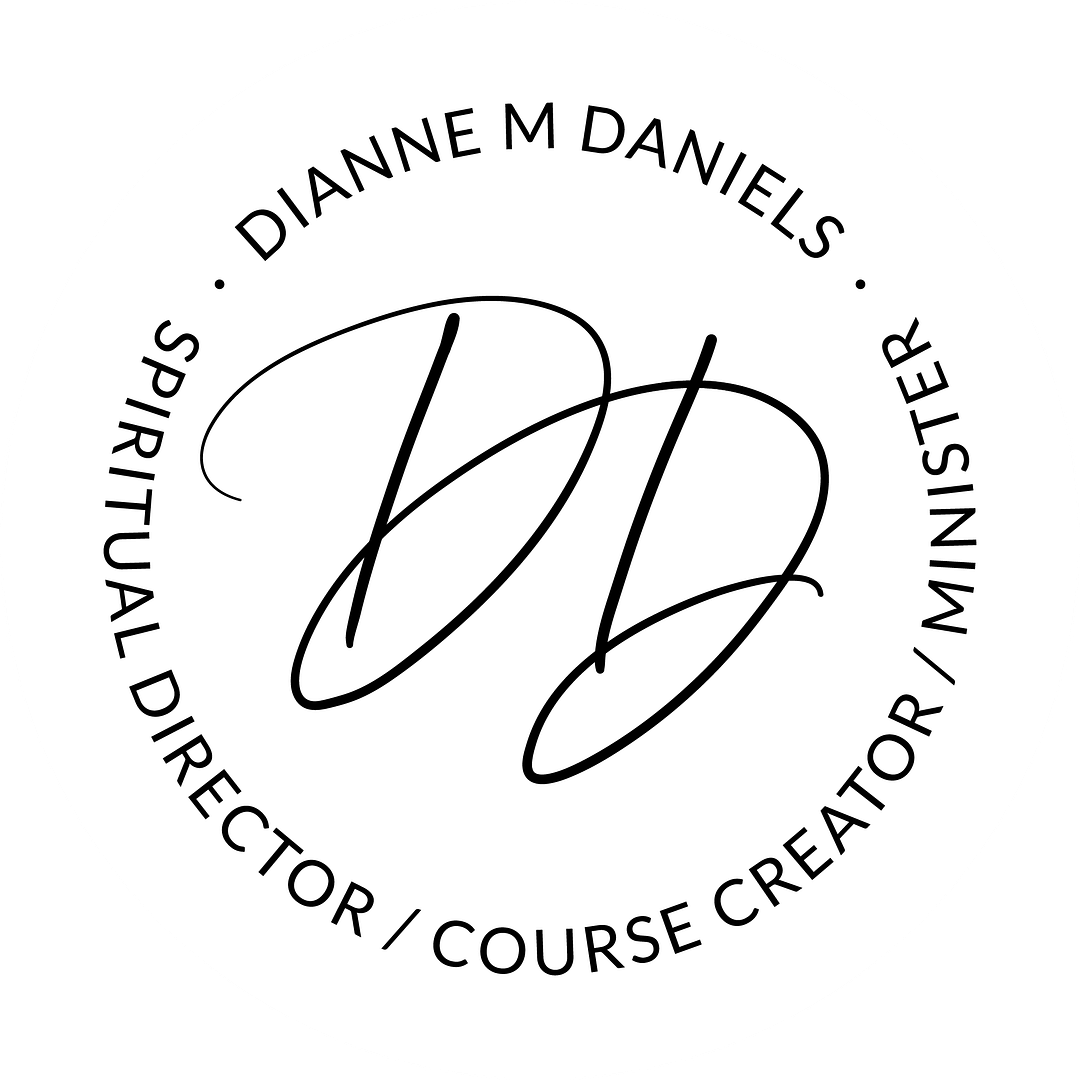New year, new information, new emphasis on critical exploration of truth in the digital age!
Let’s take a trip into the vital practice of fact-checking in our ever-connected world, where information is abundant but not always accurate. As we navigate through an ocean of data, the ability to discern fact from fiction becomes a crucial skill.
This isn’t just about avoiding misunderstandings; it’s about empowering ourselves with reliable knowledge and making informed decisions. Keep reading as we uncover effective strategies to verify information, ensuring that the facts we rely on are as solid and trustworthy as the ground beneath our feet.
The Challenge of Misinformation
In our interconnected world, where information is readily accessible, the challenge often lies in discerning fact from fiction.
People frequently react to situations based on incomplete or incorrect information, leading to misunderstandings and avoidable adversity. One of the challenges of our perfectly imperfect human world is the condition known in psychological circles as “Confirmation Bias.” According to English psychologist Peter Wason, human beings have a tendency to favor information that confirms or strengthens our beliefs or values, and this information is very hard to dislodge (i.e. change people’s minds) once the information is affirmed.
This can cause all kinds of emotional and psychological upheaval within our hearts and minds and can also play havoc with our emotions. The initial emotional response may or may not be alleviated by the facts we find – especially when it takes more than a few hours or a day to receive and understand the factual information.
The key to navigating this complex landscape is robust fact-checking, ensuring that the information we rely on is accurate and trustworthy.
The Power of Accurate Information
Why is fact-checking so important? In a world where misinformation can spread rapidly, having accurate facts is crucial for making informed decisions and presenting credible arguments.
It’s not just about avoiding errors; it’s about building a foundation of reliable knowledge to guide our actions and beliefs.
Search engines, while useful, can sometimes lead us astray, presenting information that may not be the most qualified or accurate. Therefore, we must approach online information critically and take the time to implement strategies to protect our mental and emotional health by careful fact-checking.
4 Strategies for Effective Fact-Checking
- Seek Multiple Authoritative Sources: When researching, especially on complex topics like medical advice, don’t rely on a single source. Cross-reference information with reputable sources such as academic journals or authoritative organizations. Evaluate the sources’ “track record” of providing good information that can be verified with independent sources and trusted industry experts or think tanks (see point #2).
- Evaluate the Credibility of Sources: Examine the sources cited in articles. Are they from recognized experts or reputable institutions? Blogs and opinion pieces, while valuable, should not be treated as factual sources without proper verification. The unprecedented expansion of the internet and the easy access to create and publish information, often without independent verification, makes the expression “Trust, but verify” even more important.
- Beware of Blogs and Unverified Content: Understand that anyone can publish online. Treat blogs and personal websites critically, especially if they don’t cite credible sources or rely upon purely opinion-based sources.
- Utilize Wikipedia Wisely: While Wikipedia can be a starting point for research, remember that anyone can edit its content. Use the references and links at the end of Wikipedia articles and perform your own deeper, more reliable research.
By embracing these fact-checking strategies, you equip yourself to sift through the vast amounts of information online and distinguish reliable facts from misleading data. It will take time and effort to do this, but the quality of information you’ll be provided with (and that you can provide to others) is worth your peace of mind and the “space” it will take up in your psyche. Your improved fact-checking skills will not only expand your personal knowledge and growth but will also contribute to more informed, accurate discussions in our digital society.
Journal Prompts to Empower Fact-Checking and Critical Thinking
Use one or more of these prompts to start or deepen your personal journaling practice. Give yourself time to think about what the prompt brings up for you and explore your feelings on paper. If you need a journal, click HERE to see our available journals.
- Reflect on a recent situation where having accurate facts changed your perspective. Did you immediately search for accurate facts, or wait a while? How long did you wait?
- Write about a time when misinformation led you to an incorrect conclusion. How did you realize your mistake, and what did you do/change to prevent a repeat occurrence?
- Write a journal entry about the strategies you use to determine the credibility of an online source. Was it a long or short process? Is the process sustainable – that is, will you do it regularly, or only occasionally?
- Consider a controversial topic and list out ways you can research to find reliable facts about it. Is the process easy, or did it take longer than you thought it would?
- Write about how enhancing your fact-checking skills can impact your personal and professional life. Consider the impact on your emotional and mental health.
Affirmations to Encourage and Sustain Fact-Checking and Critical Thinking Skills
Read the set of related affirmations below aloud. It’s important to your conscious and subconscious mind to hear the affirmations said in your own voice. Choose one or two of the affirmations from the set to start working with. You only need one or two affirmations, used consistently, to make a substantial change in your life.
Choose one affirmation that feels easy to you and choose another that generates resistance or disbelief. The idea is to practice extending your current self-imposed limits and encourage growth.
Say your chosen affirmation loud enough for your mind to hear your voice saying the words and take notice of how you feel as you begin and as you continue your practice. Repeat your chosen affirmation multiple times a day for at least 30 days and reinforce your affirmation by writing it in your journal.
You can change your life by beginning an affirmation practice – using one or two favorite affirmations over the course of 30 to 60 days can permanently change your mindset and your life.
- “I am committed to seeking and understanding the truth in all situations.”
- “I value accuracy and integrity in the information I consume and share.”
- “I am a discerning reader, critically evaluating sources before immediately accepting information as fact.”
- “I embrace the responsibility of verifying information in our digital age.”
- “I contribute to informed discussions by sharing well-researched information, not simply knee-jerk, emotional reactions without verification of credible sources.”






